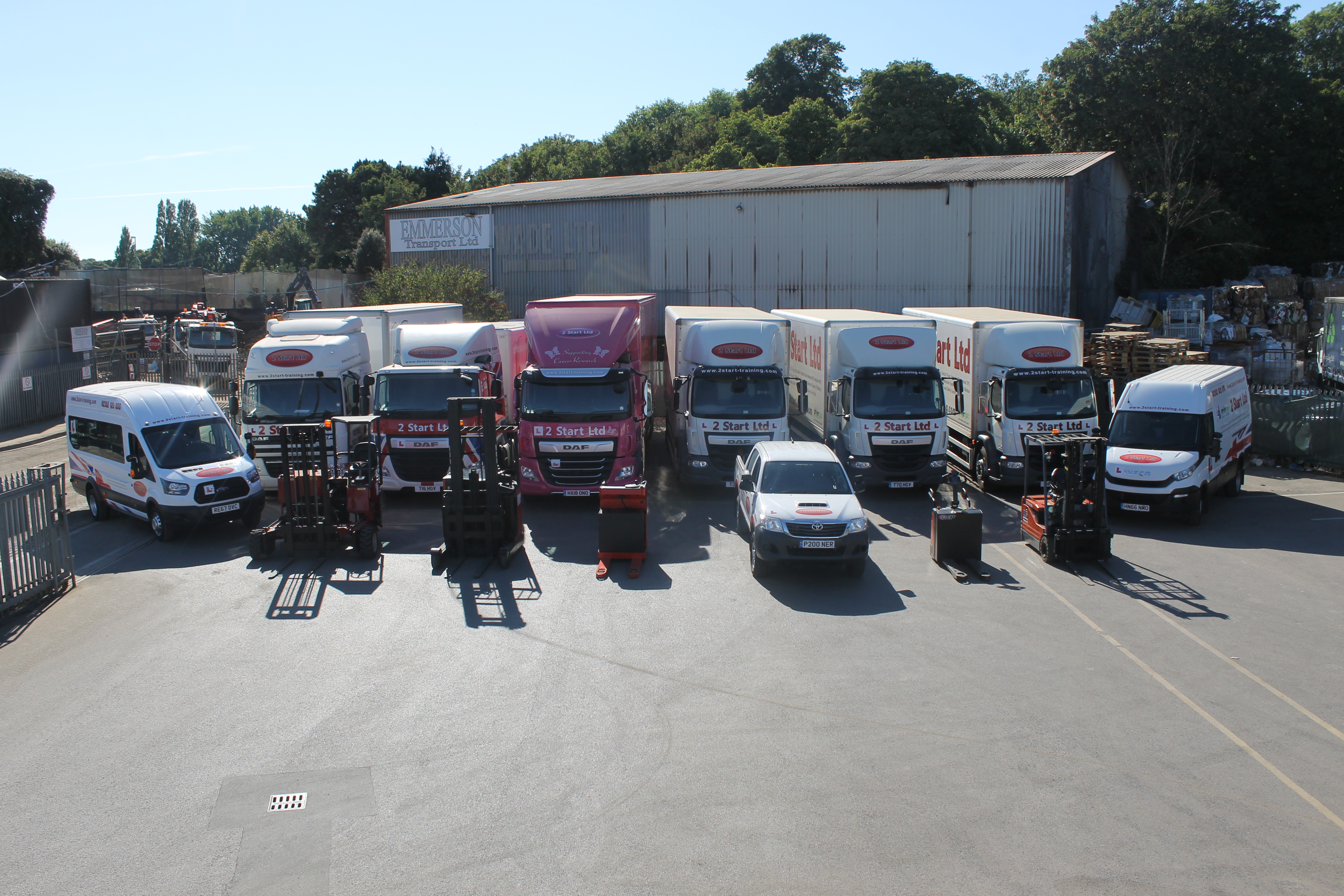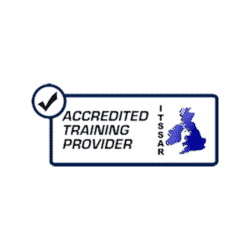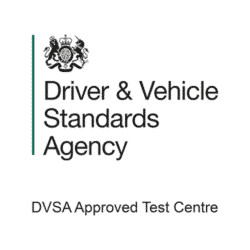The Driver Certificate of Professional Competence (DCPC) was introduced in 2007. In 2008, it was introduced for Passenger Carrying Vehicles (PCVs), and in 2009, the DCPC came into force for goods transport. This qualification ensures that there’s an improvement of driver safety, which also includes any operations being completed. Thus, building additional interest in the logistics profession, which subsequently increases driver numbers for road transport. It is also enforced to help strengthen driver’s knowledge regarding safe and practical driving.
Initial
The initial qualification is what you first complete. This can be done during your HGV driver training process. This consists of completing a Case study theory test, known as Module 2, and then completing Vehicle walkaround checks, known as Module 4.
Once these modules are completed, along with the other theory and reversing/practical driving tests, you will be awarded a Driver’s Qualification card (DQC).
As it stands, all drivers who work commercially for hire or reward have to complete 35 hours of driver periodic certificate of professional competence training every 5 years. This is to stay compliant with commercial driving responsibilities, as well as keep updated with the specific topics being covered.
Drivers can complete these hours within their 5-year window. Whether this be a singular 7-hour course whenever, or completing the full 35-hours in one week. It is the driver’s responsibility to monitor and complete these hours. However, failure of completion will result in a fine of up to £1,000, not to mention that you will be prohibited to drive commercially until you complete the full 35-hour entitlement.
There aren’t any necessities regarding the hours. For example, You can complete an ADR Core & Packages course, which will constitute towards 21-28 hours of your periodic training requirement. Then, complete the remaining 7-14 hours through another course.
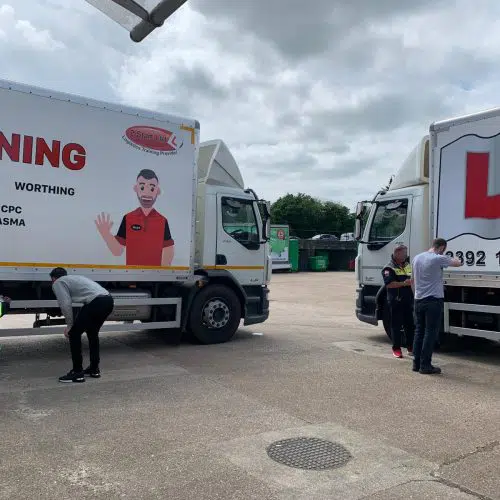
What do the public think?
Several drivers, fleet managers and other individuals have their opinions on Driver CPC. More specifically, the time spent on periodic CPC training.
The consultation period discussing CPC was from March – April 2023, the different suggestions were outline, as well as alternative suggestions for the competence training.
They discussed the different avenues which are substitutes for the training type currently in place. From altering the requirements, to negating the training entirely.
But Why?
Many argue that the driver shortage is due to the high demand for updated training within the industry. Others suggest that Driver CPC is not as relevant as it actually is.
Another poignant view is that many feel that completing 35 hours is a lot of time spent away from their working day. Described as “resource heavy”, the classroom training does not define whether the students themselves have acknowledged the training they have completed. There is no examination to determine this. It is attendance only.
In a survey conducted regarding Driver CPC, 48% of respondents expressed that Driver CPC should be reformed. While 12% suggested it should stay the same, & 39% suggested that it should be abolished entirely.
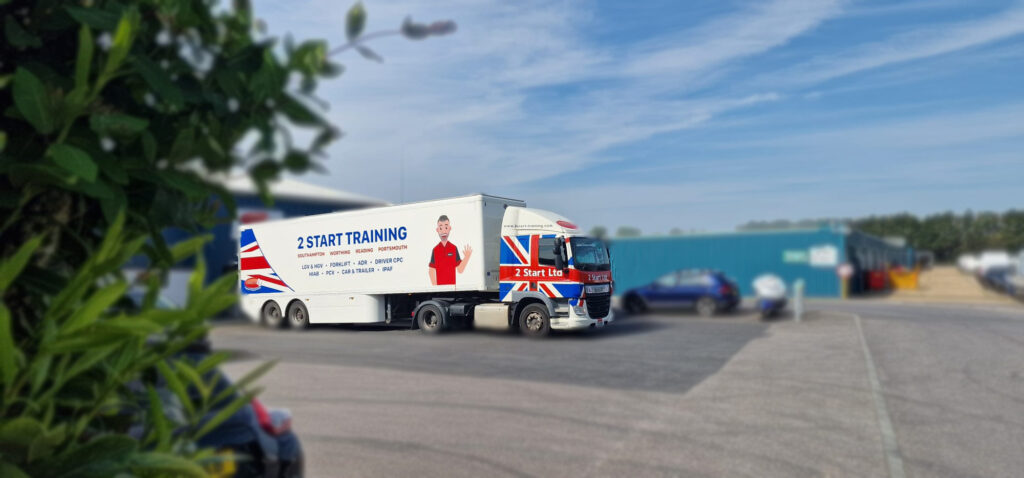
The proposal to offer a periodic CPC test.
This is where individuals will complete a multiple-choice “situational test.” Consisting of 50 questions, the test would last between 1-1.5 hours. This is only a guideline for the test time.
The Cost for the test is discussed to be in the region of £40-£70, but the price could change. This is compared to a 5-day driver CPC package, which costs around £425 for classroom learning.
Topics covered in the test may include
- Driver Hours
- Loading & Unloading
- Health & Safety
- Tachographs
- Manual Handling
- Defensive Driving
- Eco-safe Driving
- Customer Service
- Safe Urban Driving
- Disability Awareness
- Counterterrorism
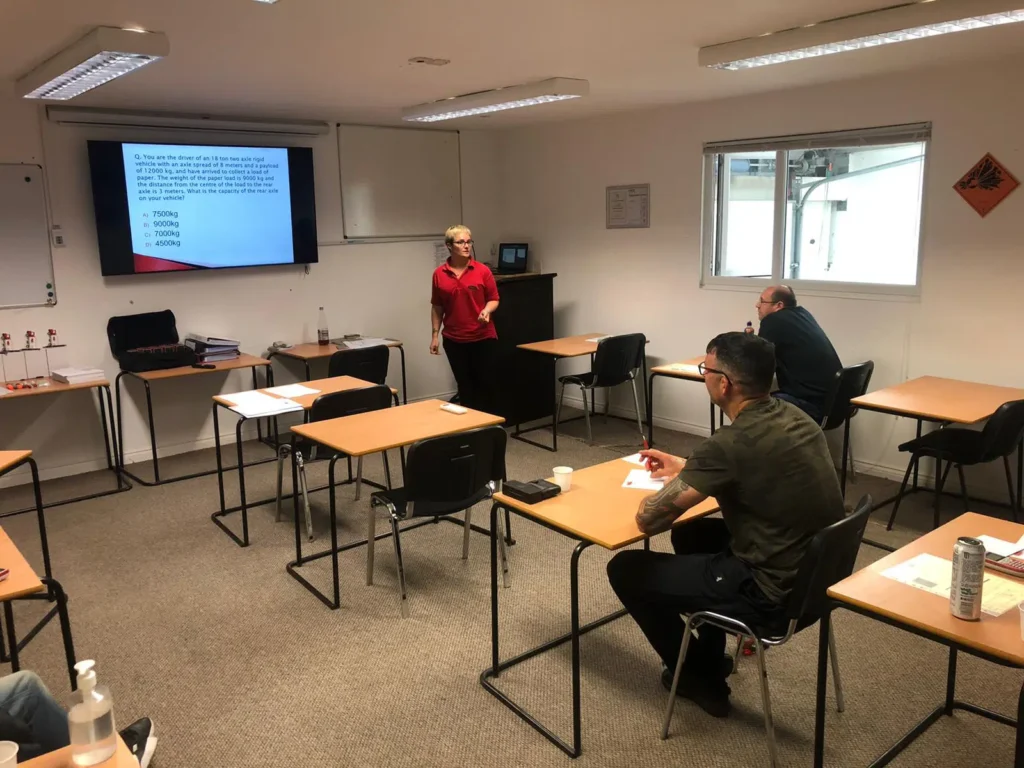
This proposed test would be able to cover a broader scope of the different types of topics driver may cover in their line of work. There is no “one size fits all” scenario when it comes to this type of periodic training, which makes it harder to reform. Whether this be because there are so many different types of topics that drivers can cover, as well as having the multiple variations of course topics for drivers to choose from.
There is also further discussion in which driver would have to re-sit the initial tests. module 1 multiple-choice & hazard perception tests, as well as the module 2 case study test.
Training Hours
As the current course duration for periodic CPC is 7 hours per day, the reduced hour requirement will be below 7.
These proposed changes are to alleviate time and pressure for the drivers who need to complete these courses. 53% of respondents answered “yes” to the question “Overall, do you support the proposed changes under the National-DCPC ‘periodic test’ option?”
The query revolving around the disadvantages of the reform were asked to the individuals who do not support this. In where 66% said that it would lead to confusion, and 45% also said it would add cost.
What do we know?
It is a mixed bag of opinions in this situation. With many wanting the reform, as it would save time and costs, with other being the binary opposite to this.
As it stands in 2024, Periodic CPC training is still as prominent as it has ever been since its introduction 15 years ago. Although the discussions, questionnaires and report seem to suggest that a reform is imminent, there is currently no outline of the reforms for Periodic CPC for drivers.
If it is, then what would the next steps be after that?
You can learn about the full proposal for the Driver CPC courses from the UK Government website. You can also read the responses on the Government website, with the answers from those who completed the questionnaire.
Also, a document for the Analysis of Consultation on reforms to the Driver Certificate of Professional Competence can be read.
Driver CPC Change Announcement
Wednesday 13th November 2024, The Driver and Vehicle Standards Agency (DVSA) confirmed the changes which will be implemented through their page: guidance on the Driver CPC changes for 2024 & 2025. The outline of these changes are as follows.
Implemented from 3rd December 2024
There will be two type of qualifications: International CPC, and National CPC. The International will allow you to drive in the UK & EU, the National only allows you to drive in the EU.
The International CPC means that you must:
- complete courses for CPC at least 7 hours
- If one course is split (such as two 3.5 hour sessions) this must be completed over 2 consecutive days
- online training is limited to 2 hours
- 12 hours of “e-learning” can be completed towards your 35 hour requirement
As for the National CPC, this will be more flexible.
- Courses must be at least 3.5 hours long, not 7 hours.
- Any split courses do not have to be completed over 2 consecutive days.
- You have the opportunity to complete your learning through “e-learning” at work or home
Implemented from 1st February 2025
Expired CPC Requirements
Those who’s either National or International CPC expired between 60 days and 2 years, there are 3 options proposed.
Option 1
This first option is readily available now. This is where drivers must complete 35 hours of Periodic CPC to driver in the UK & EU.
Option 2
This option offers a “Return to driving” module. This is where a 7-hour module would only need to be completed, then you can return to driving in the UK.
To also be able to drive professionally in the EU, you would also have to complete the remaining 28 hours of international CPC within 12 months of completing the 7-hour initial module.
Option 3
Option 3 mirrors option 2, complete a 7-hour “Return to driving” module. However, you would have to complete the remaining 28 hours of either international or national CPC within 12 months of completing the initial module.
